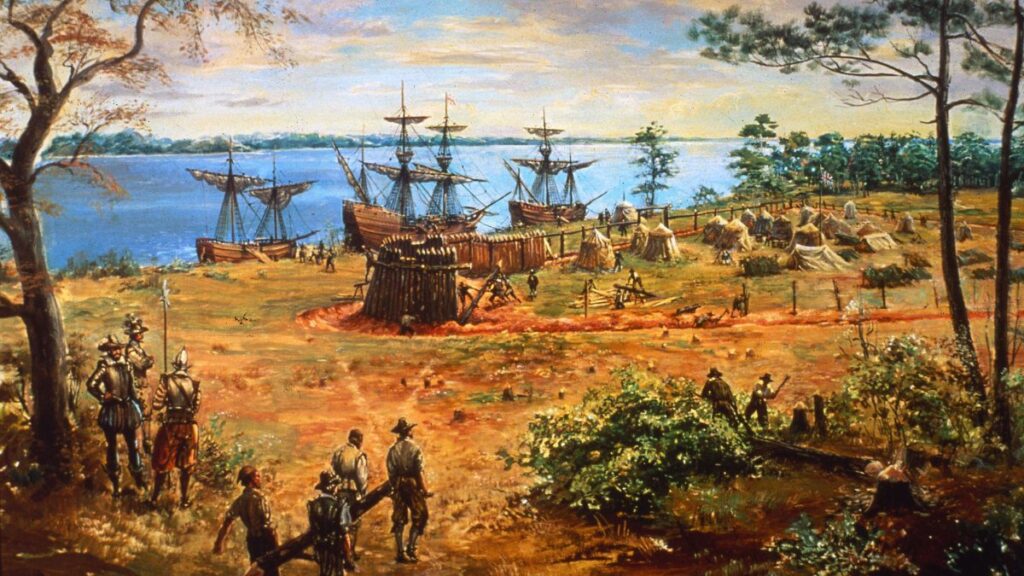0106 New England Colonies

The Puritan leaders did not like anyone to question their religious beliefs or the way the colony was governed. Usually, discontented colonists were forced to leave. Some colonists who left Massachusetts founded other colonies in New England. Lesson Plan Study & Practice Assessment CLASS PRESENTATION Instructional Materials Lesson Plans Tier 1 Study, Practice & Assessment […]
0114 Colonial Representative Government

Although each colony developed its own government, the governments had much in common. The idea of self-rule was important to many colonists. A governor directed the colony’s affairs and enforced the laws. Most governors were appointed, either by the king or by the colony’s proprietor. In Rhode Island and Connecticut, however, colonists elected their own […]
0115 Colonization Unit Review

0116 Colonization Unit Assessment

0117 Colonization Unit Assessment Review

0112 Colonial Religion Education & Innovation

In Colonial Society, science and religion brought important changes as well. Educational Institutions started to develop. Religion was always a part of colonial life, but by the 1700s, rules on religion had become less strict in many of the colonies. This trend led to the Great Awakening. Puritans in New England combined education with religion. […]
0113 Colonial Mercantilism & Trade

England expected to profit from the trade with the colonies. One important but inhumane branch of trade was the slave trade. Although enslaved people in the colonies had no freedom, the idea of personal freedom and liberty influenced colonial government and laws. This period saw the growth of triangular trade and the development of representative […]
0104 Jamestown

England watched with envy as other European countries gained wealth from their colonies in the Americas. The Englishman, Sir Walter Raleigh, raised money to outfit a colony in North America. What was to follow was a nightmare for those who sailed.
0105 Plymouth

Unlike the Jamestown colonists or the Spanish, these newcomers did not travel to find gold and become wealthy; they simply wanted to practice their religion freely. English colonists came to New England seeking the freedom to practice their religion. As more colonists settled in New England, there was a conflict with Native Americans. In New […]
0107 New York & New Jersey

By 1700, England had four colonies in the region just south of New England. These colonies became known as the Middle Colonies because they were located between New England and the Southern Colonies. The Middle Colonies had a greater mix of people than either New England or the Southern Colonies. Some of these colonies were […]
